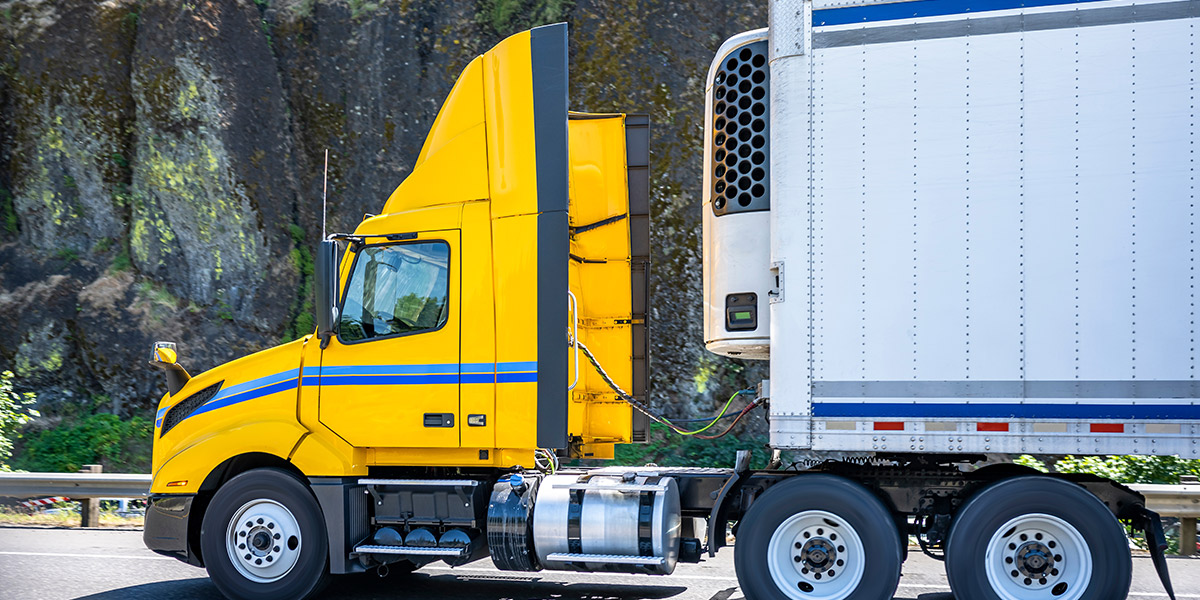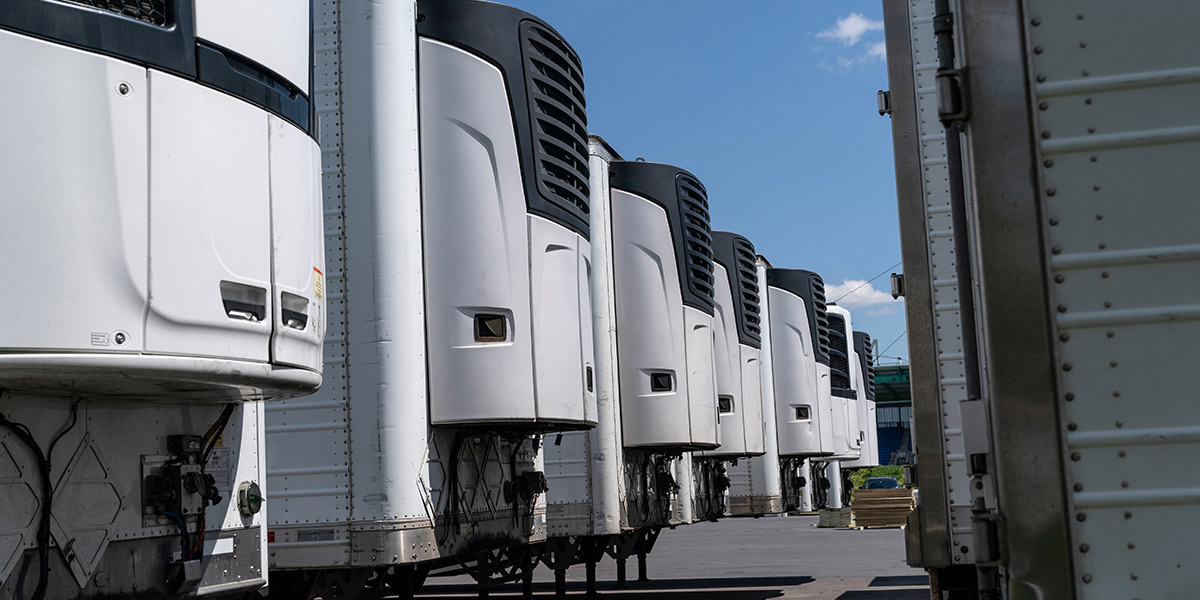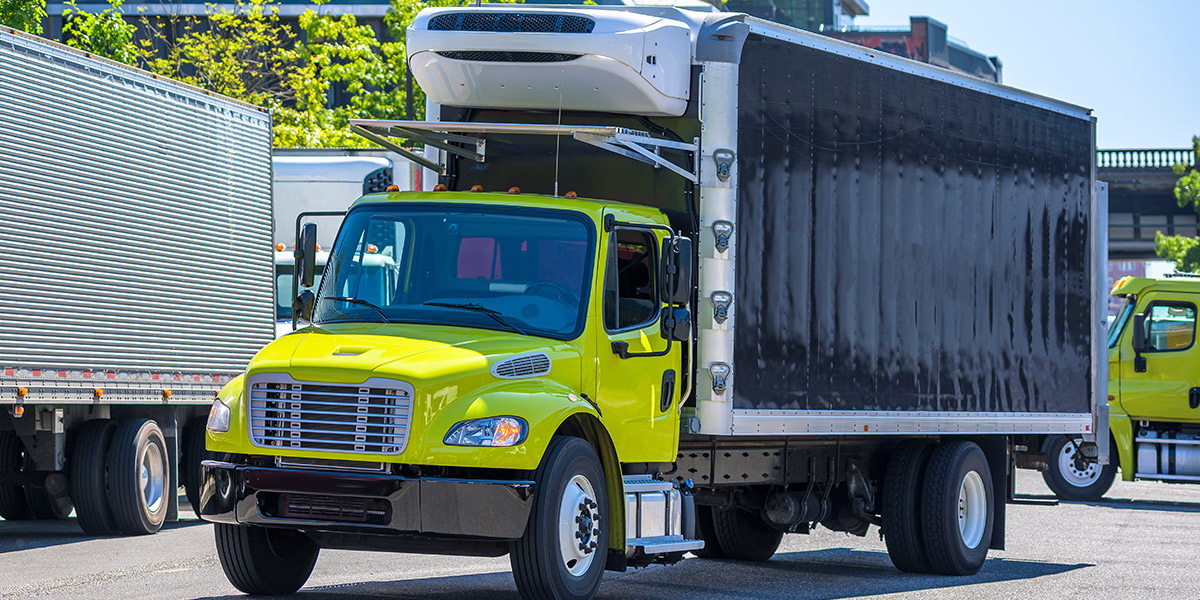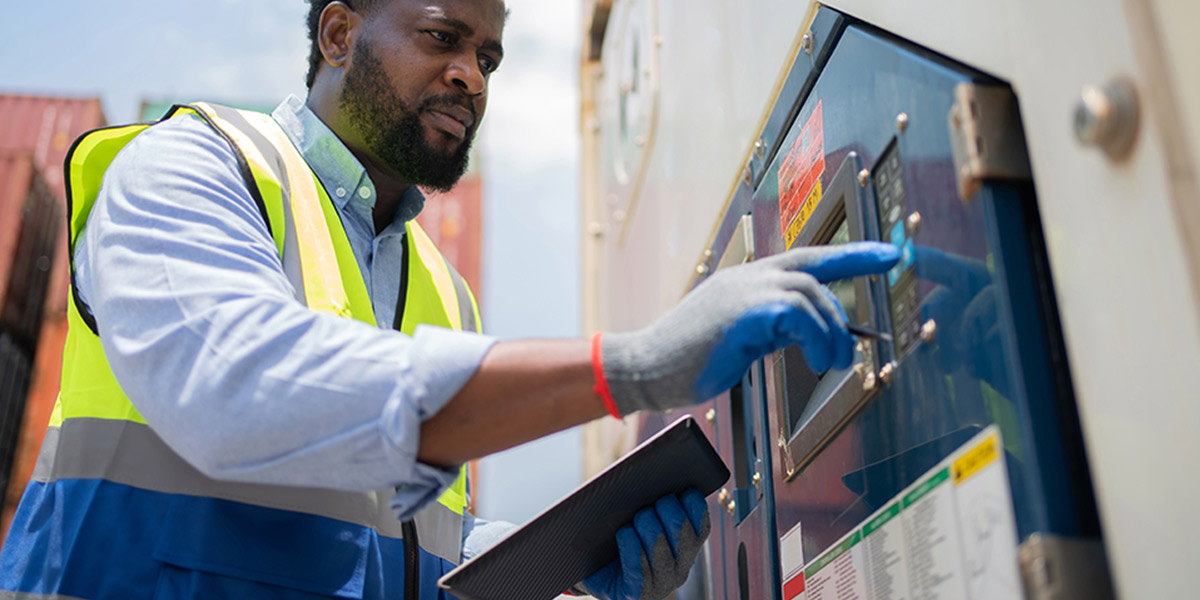Keeping your company FSMA compliant depends on one factor more than any other – your drivers
To stay compliant with FSMA requirements for maintaining safe food temperatures during transport, you’ve invested in state-of-the-art reefers to keep food safe as it travels from Point A to Point B, and beyond.
And, unfortunately, it still may not be enough. Why? Because even though – through your investment – you have addressed one of the important variables that can prevent compliance, you may not have also addressed the ever-important human element – your drivers.
To be clear, it’s not that your drivers are purposely doing anything wrong. To the contrary, they most likely are working hard and doing what they believe is best to get food delivered safely to your customers. And the behaviors in which they might be engaging – not properly pre-cooling reefers, keeping reefer doors open too long during deliveries, not checking reefer temps as frequently as they should – might not be a matter of carelessness on their part. It might just be that they haven’t been adequately trained in what they should be doing. And if they have been trained, maybe they need to have that training reinforced.
Here are three things you can do to ensure your drivers do all they can to support your FSMA compliance efforts.
Make onboarding a priority. When new drivers are hired, you have an unmatched opportunity to train them and establish positive driver habits and behaviors right from the start. As part of your onboarding process for new drivers, make sure to take the opportunity to inform them about FSMA and their critically important role in keep the food they transport safe. Also, specifically communicate what they need to do – and not do – to ensure compliance.
Reinforce and refresh training. While you can get drivers off on the right foot during onboarding when it comes to compliance, you also need to continue to reinforce its importance. Identify specific positive behaviors you need your drivers to always adhere to and target those behaviors with reminders during team huddles and through ongoing communications. You should provide periodic refresher training to keep compliance front and center and underscore its critical importance.
Provide the right equipment. Of course, while your drivers are critically important to compliance, so is outfitting your reefers with the right technology to make compliance as easy as possible. With the latest IoT solutions, connecting and continually monitoring reefer status and temperature becomes a seamless part of your cold chain fleet management operations while lessening the monitoring burden on drivers. Through their actions (and inactions) your drivers will still have a significant impact on compliance, but by providing them with the right equipment, you make compliance an easier proposition for them, while helping ensure their buy-in while and identifying opportunities to coach them for success.
Avoid the Weakest Link
In many real ways, your drivers are your business. With the combination of the right training and the right technology, you can also make sure they aren’t your weakest link when it comes to FSMA compliance.










